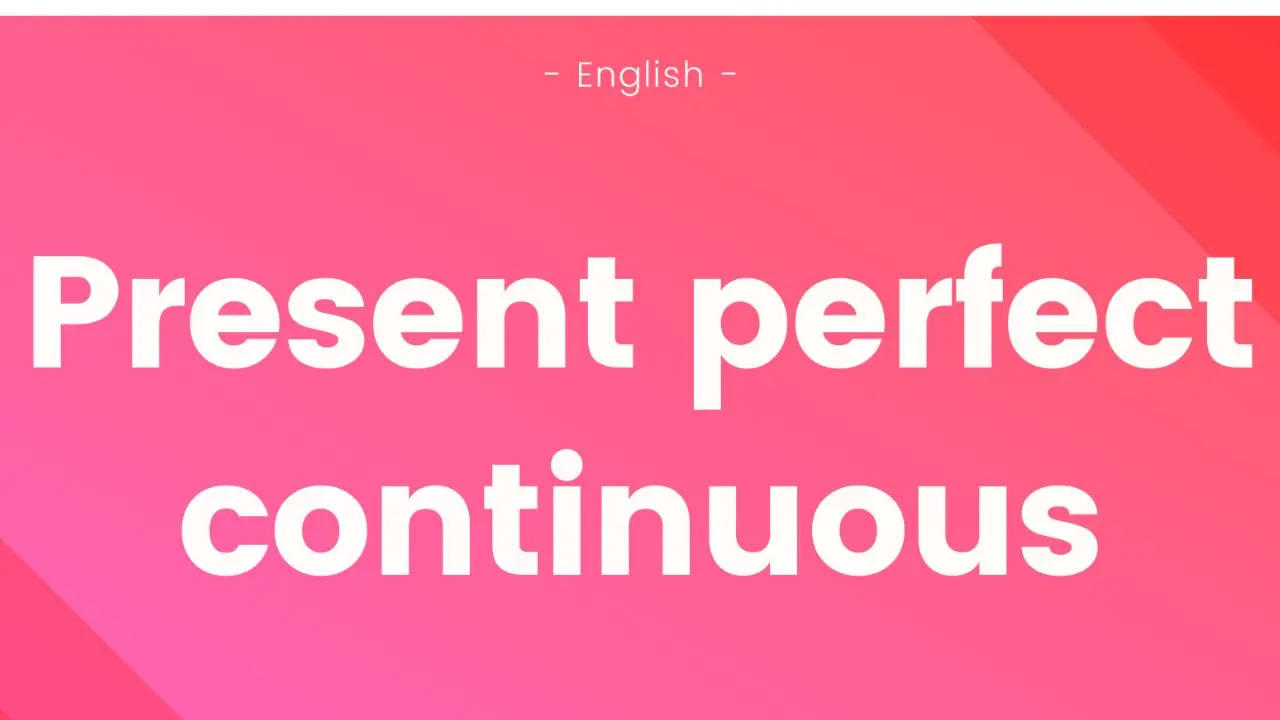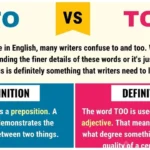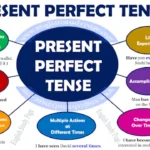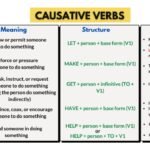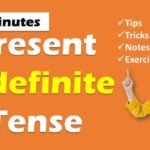Present Perfect Continuous Tense: The Present Perfect Continuous tense is used to describe an action that began in the past and is still continuing in the present, or that has recently stopped but has a strong connection to the present. It emphasizes the duration or continuous nature of the action.
Uses Of Present Perfect Continuous Tense:
This tense is used when we want to inform about the longevity or continuity of a task, which is continuing till the present time and it is still continuing or it can happen in the future as well.
This tense is used to continue any task in the present or to take the form of an action or the completion of that task is counted in Present Perfect Continuous Tense. In this, V4 (ing) is used with has / have + been and time is also shown.
| Singular | Plural |
|---|---|
| i – Have | You – have |
| He – Has | We – have |
| She – Has | They – have |
| It – have | It’s – have |
| Name – has | Names – has |
| This – has | These – have |
| That – has | Those – have |
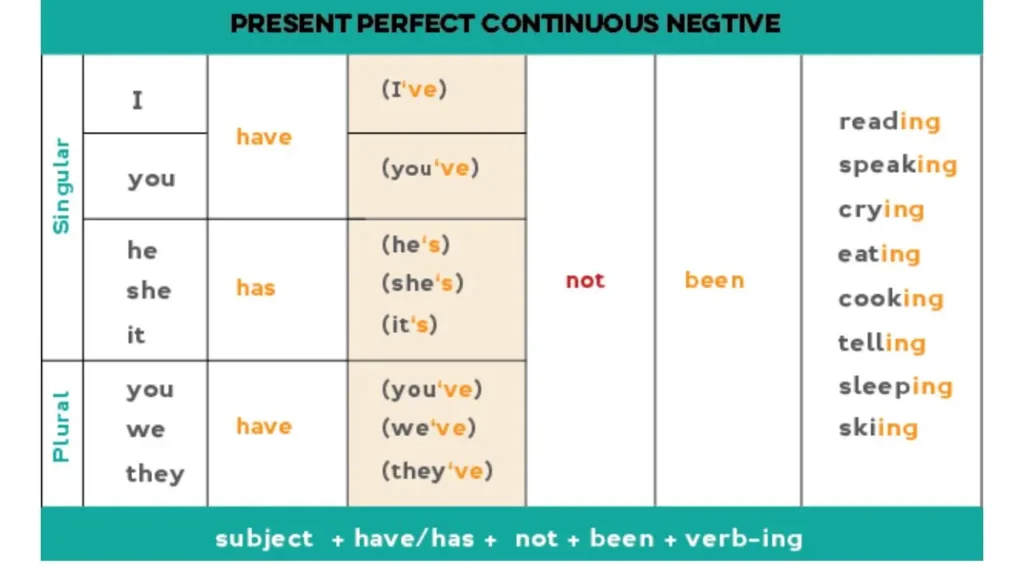
| Singular | Plural |
|---|---|
| i (Have)– I have been reading a book since morning. | You (have)– You have been working on this project since January |
| He(Has)– He has been playing football for two hours. | We (have)– We have been waiting for them for an hour |
| She (Has)– She has been cooking dinner for the family | They (have)– They have been living in this city since childhood. |
| It (have)– It has been raining heavily all day | It’s (have)– It’s been snowing since morning. |
| Name (has)– Name has been studying French for six months | Names(has)– Name’s been playing the guitar for hours. |
| This (has)– This has been happening since last week | These (have)– These have been happening for years |
| That (has)– That has been bothering me for a long time | Those ( have)- Those have been causing problems for a long time. |
Rules and Uses:
[1.] A present continued action for men sold time is kept is Present continuous tense.
- She has been reading that book for weeks.
- They have been practicing their dance routine all afternoon.
- I have been working on this project since last month.
- He has been cooking dinner for the past hour.
- We have been discussing the proposal for several days.
[2.] Time must be mention is this tense.
- She has been studying for her exams for three hours.
- They have been working on the new software since January.
- I have been waiting for the bus for twenty minutes.
- He has been jogging every morning for the past month.
- We have been learning Spanish for six months.
[3.] For/since comes to mention time in this tense.
Example: I have been playing cricket for two hour. / He has been leaving here since Monday.
- I have been playing cricket for two hours.
- He has been living here since Monday.
- They have been traveling for five weeks.
- She has been learning French since last year.
- We have been working on this renovation for several months.
[4.] V4 + can be replace in this tense by using a noun/pronoun/adjective/adverb.
Stu: S + has/have been + N/P/Adj/Adv + for/since + time
Example:
- She has been a teacher for ten years. (Instead of: She has been teaching for ten years.)
- They have been good friends since childhood. (Instead of: They have been befriending each other since childhood.)
- I have been eager for the past month. (Instead of: I have been eagerly waiting for the past month.)
- He has been an artist for over a decade. (Instead of: He has been creating art for over a decade.)
- We have been excited since the announcement. (Instead of: We have been excitingly awaiting since the announcement.)
Present Perfect Continuous Tense In sentences
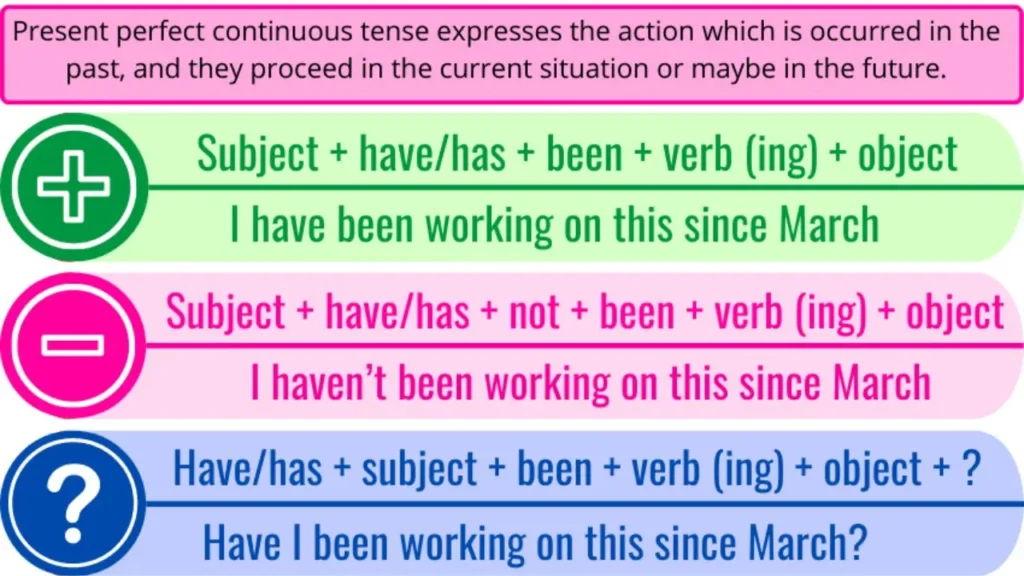
- Affirmative Sentence: t
- Negative Sentence
- Interrogative Sentence:
- Interrogative Negative Sentence:
Affirmative Sentence:
A sentence that expresses a fact or claim. A sentence that has a meaning or some action is being done.
- She has been studying for her exams all day.
- They have been working on the project since morning.
- I have been waiting for your call for an hour.
- He has been playing the guitar for two hours.
- We have been traveling around Europe for the past month.
Negative Sentence:
A sentence that denies the existence or occurrence of something. Which gives the sense of no, that is, some action is being denied.
- She has not been studying for her exams all day.
- They have not been working on the project since morning.
- I have not been waiting for your call for an hour.
- He has not been playing the guitar for two hours.
- We have not been traveling around Europe for the past month.
Interrogative Sentence:
A sentence that asks a question and has a question mark in it.
- Has she been studying for her exams all day?
- Have they been working on the project since morning?
- Have I been waiting for your call for an hour?
- Has he been playing the guitar for two hours?
- Have we been traveling around Europe for the past month?
Interrogative Negative Sentence:
A sentence that expresses a statement or expresses a fact.
- Has she not been studying for her exams all day?
- Have they not been working on the project since morning?
- Have I not been waiting for your call for an hour?
- Has he not been playing the guitar for two hours?
- Have we not been traveling around Europe for the past month?
To recognize the Present Perfect Continuous tense quickly,
Look for “has/have been” + Verb+ing:
- Pattern: Subject + has/have been + verb+ing
- Example: “She has been studying.”
Check for Duration Indicators:
- Keywords: “for,” “since,” “lately,” “recently,” etc.
- Example: “They have been working for hours.”
Focus on Ongoing or Recent Actions:
- The tense describes actions that started in the past and are still ongoing or have recently stopped.
- Example: “He has been running all morning.”
Examine the Question or Negative Form:
- Questions: Has/Have + subject + been + verb+ing?
- Negatives: Has/Have + subject + not + been + verb+ing
- Example (Question): “Has she been sleeping well?”
- Example (Negative): “She has not been feeling well.”
Read Also :
